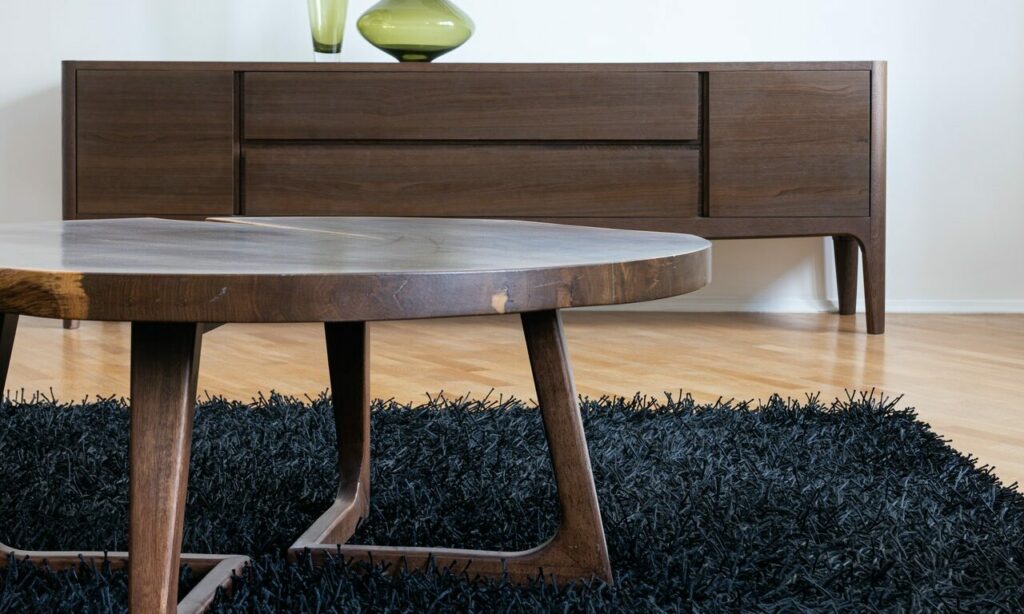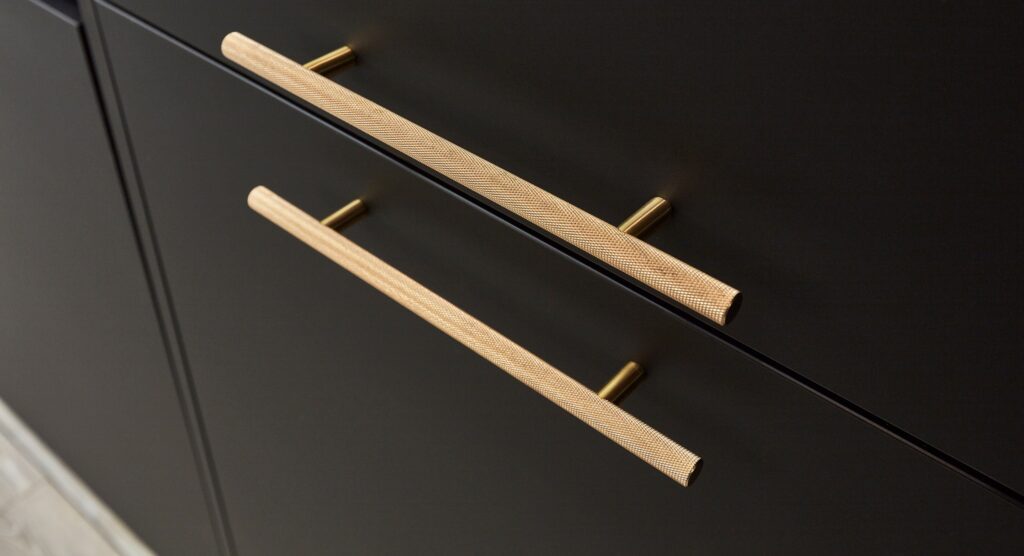Classic Furniture, wholesalers and importers of timber cabinet furniture and chairs, has reported a decline in turnover.
According to its latest filed accounts for the year ended 30 September 2023, total sales fell 21% to £14.2m from £18m in 2022.
Pre-tax losses resulted at £7,000, down from its profit of £869,000 recorded the previous year.
UK sales were down 22% to £13.8m from £17.7m, while revenues elsewhere rose from £215,000 to £396,000.
Stated within its report, the company said: “2023 has been challenging primarily due to the ongoing economic uncertainties post-Brexit. The changes in trade agreements and the introduction of new tariffs have increased the cost of importing goods from the EU and other countries leading us to navigate a complex landscape of customs regulations, delays and additional administrative burdens. This has not only disrupted the supply chain but also resulted in higher operational costs, impacting profitability.
“Another significant struggle has been the fluctuation in exchange rates. The pound has experienced volatility against major currencies, making it vital for directors to predict costs accurately and has led to changes with pricing strategies.
“The global shipping crisis has further exacerbated the struggles of furniture importers. The pandemic-induced disruptions have led to container shortages and increased freight rates. Importers have faced significant delays in receiving their goods, leading to stock shortages and unfulfilled orders. The increased cost of shipping has also eaten into profit margins, forcing some businesses to rethink their logistics and supply chain strategies.
“Consumer behaviour changes have also presented challenges. The cost-of-living crisis has led to reduced consumer spending on non-essential items like furniture. With households tightening their budgets, the demand for new furniture has dropped, impacting sales volumes. Additionally, there has been a shift towards sustainable and locally produced furniture, driven by increasing environmental awareness. Importers have had to adapt to these changing preferences.”















